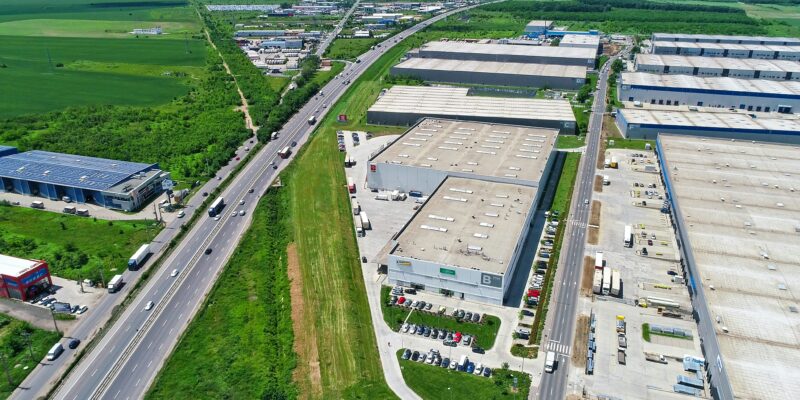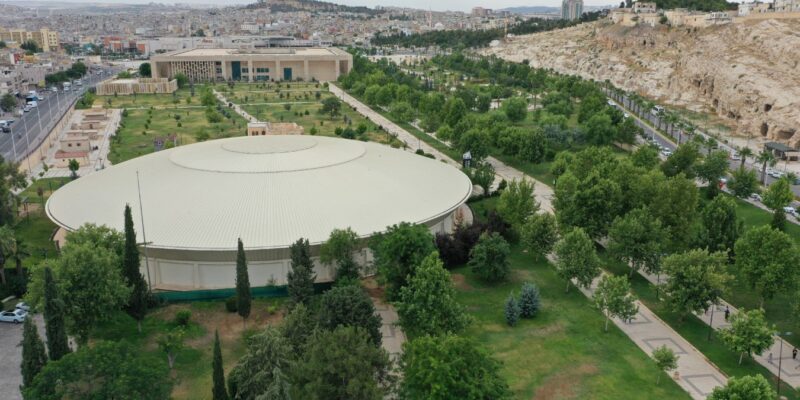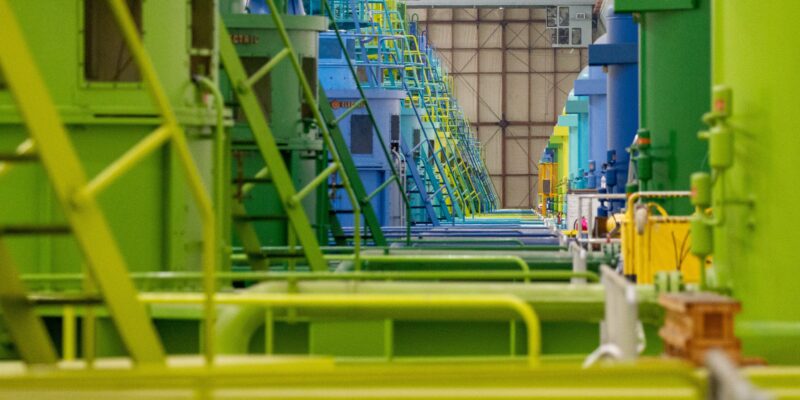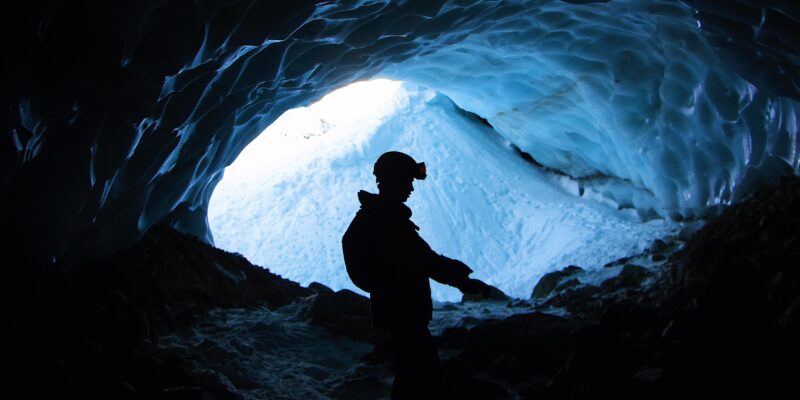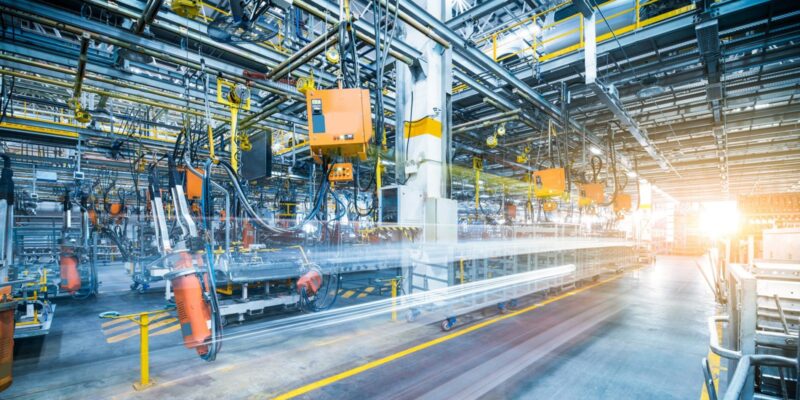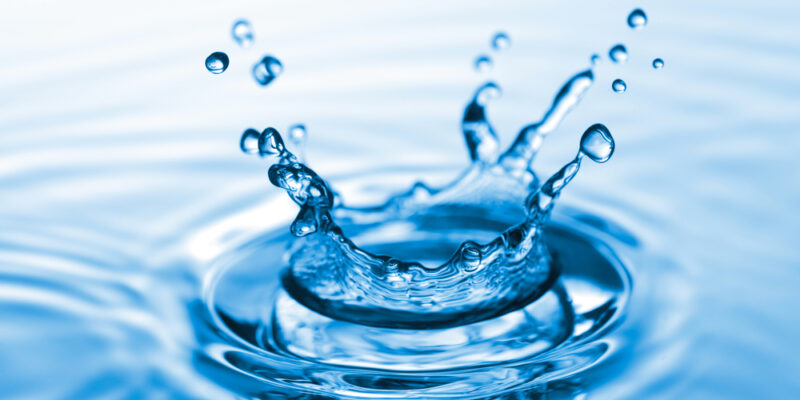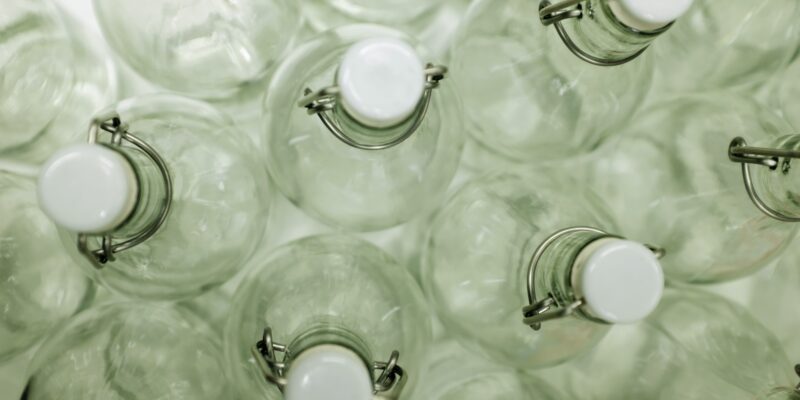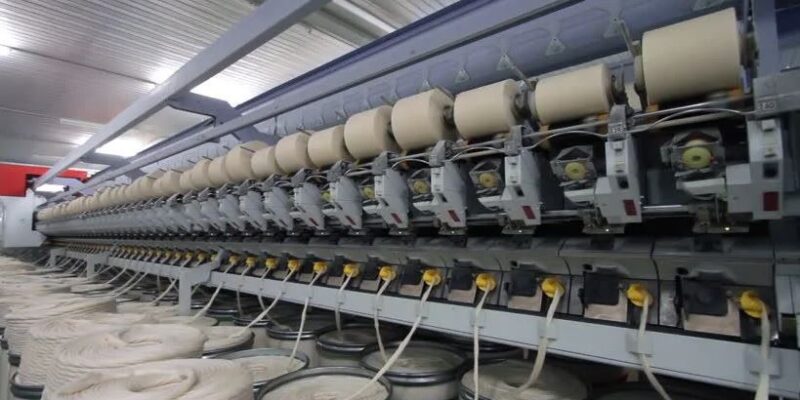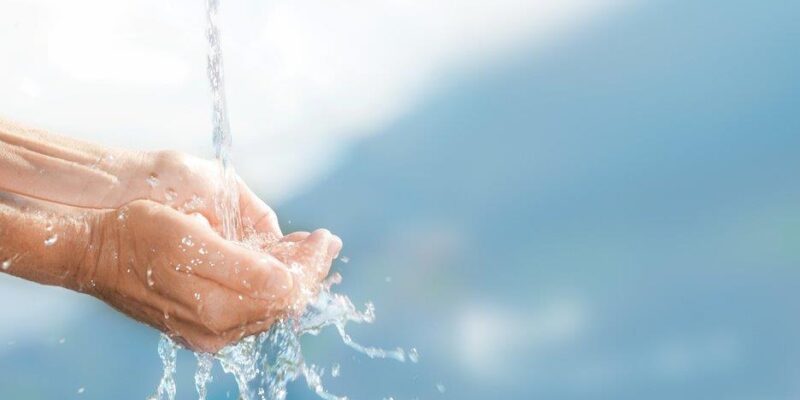GTE studied the possibilities of using existing technologies to recover wastewater produced in the Izmir Ataturk Organized Industrial Zone (IAOSB), one of our country’s leading organised industrial zones.
Since the increasing water demand in the industry can no longer be met sustainably with the existing surface and underground water resources and the water costs increase, the wastewater in IAOSB needs to be recovered and reused. The project’s scope is aimed at creating a secondary water source to be used by the industry.
